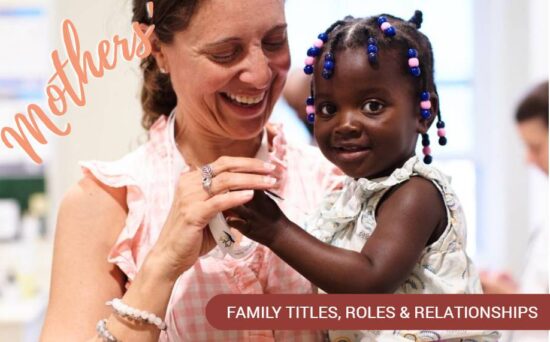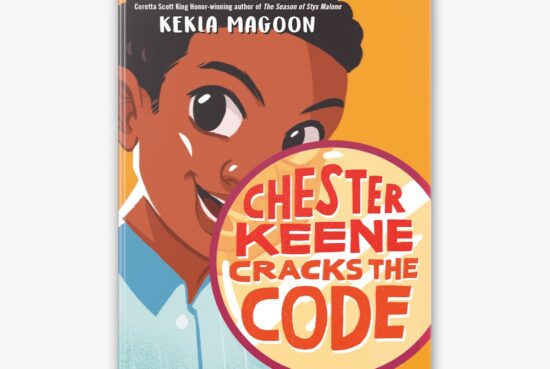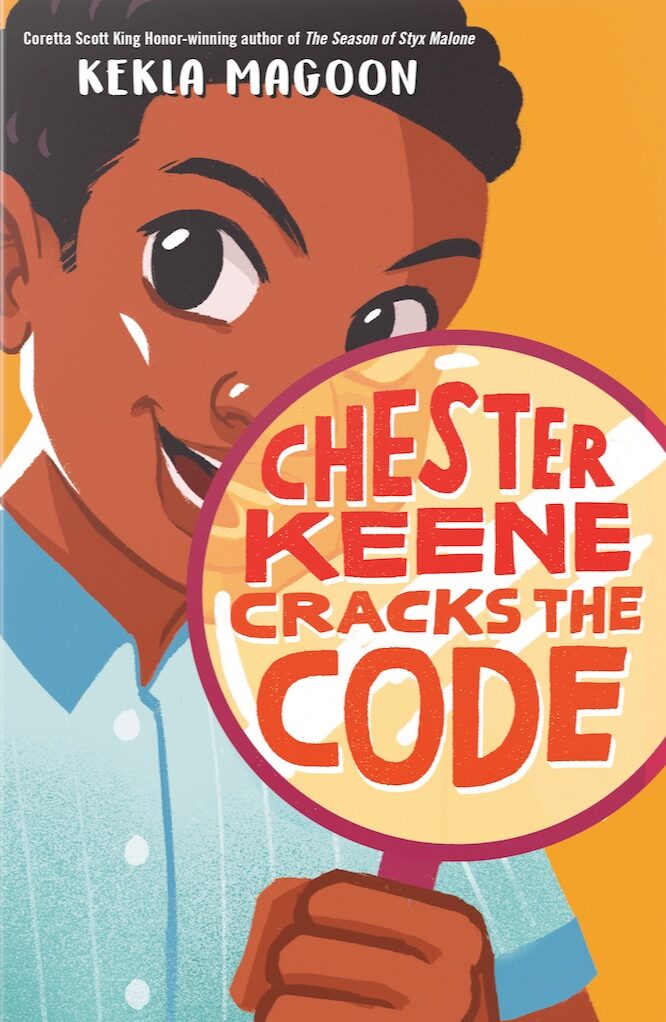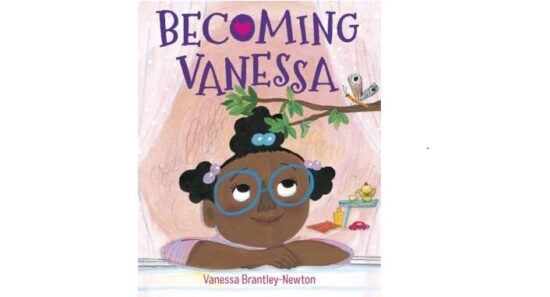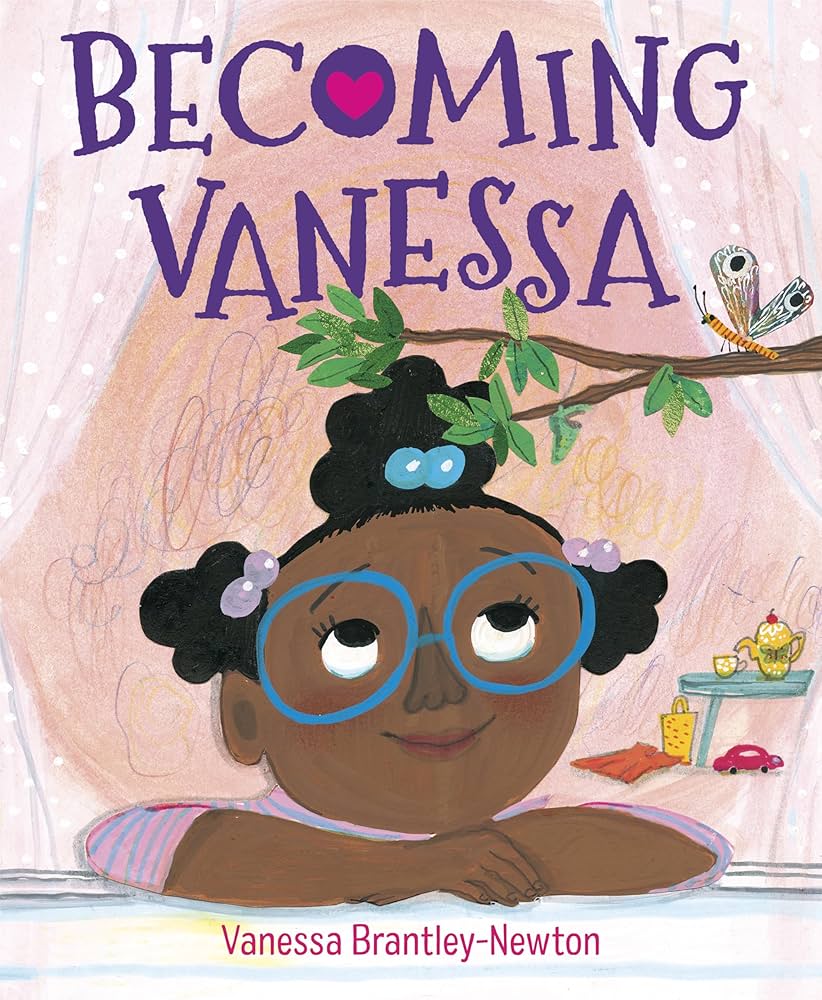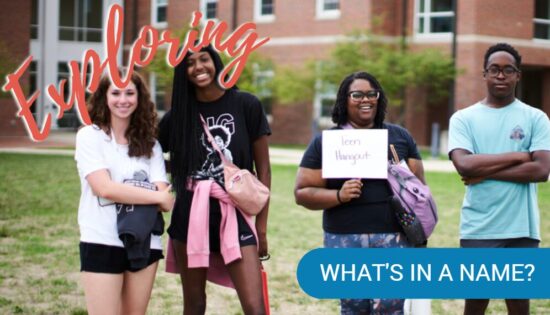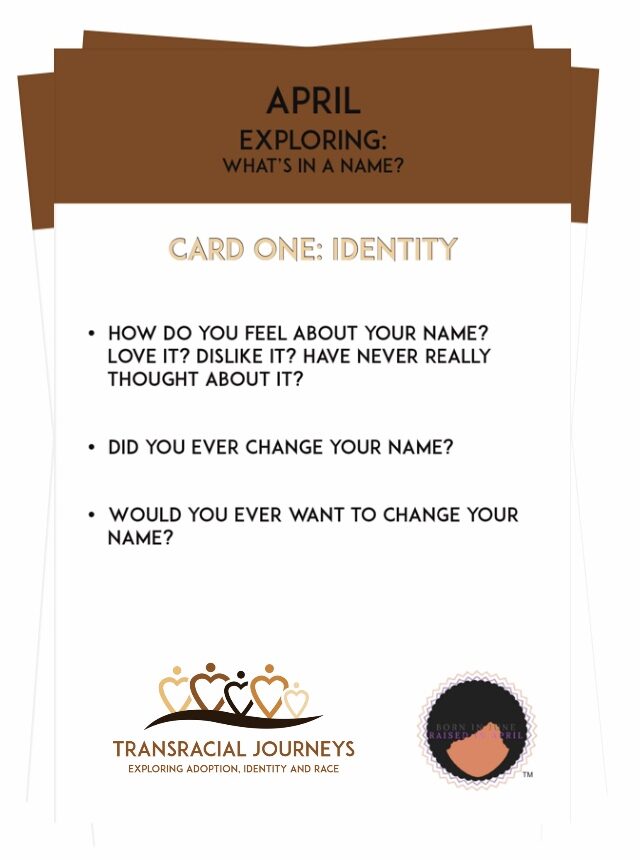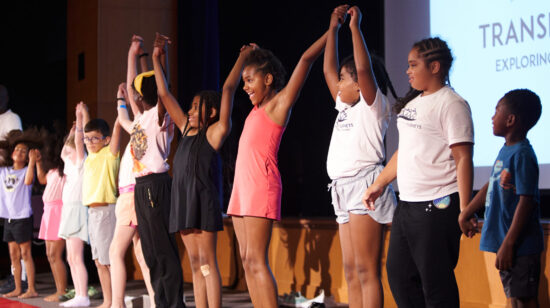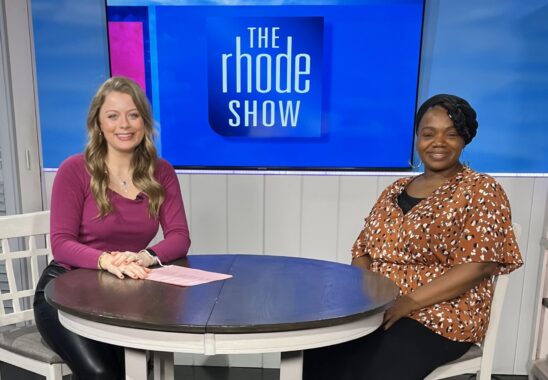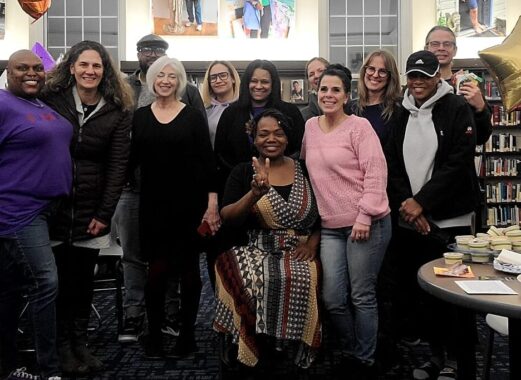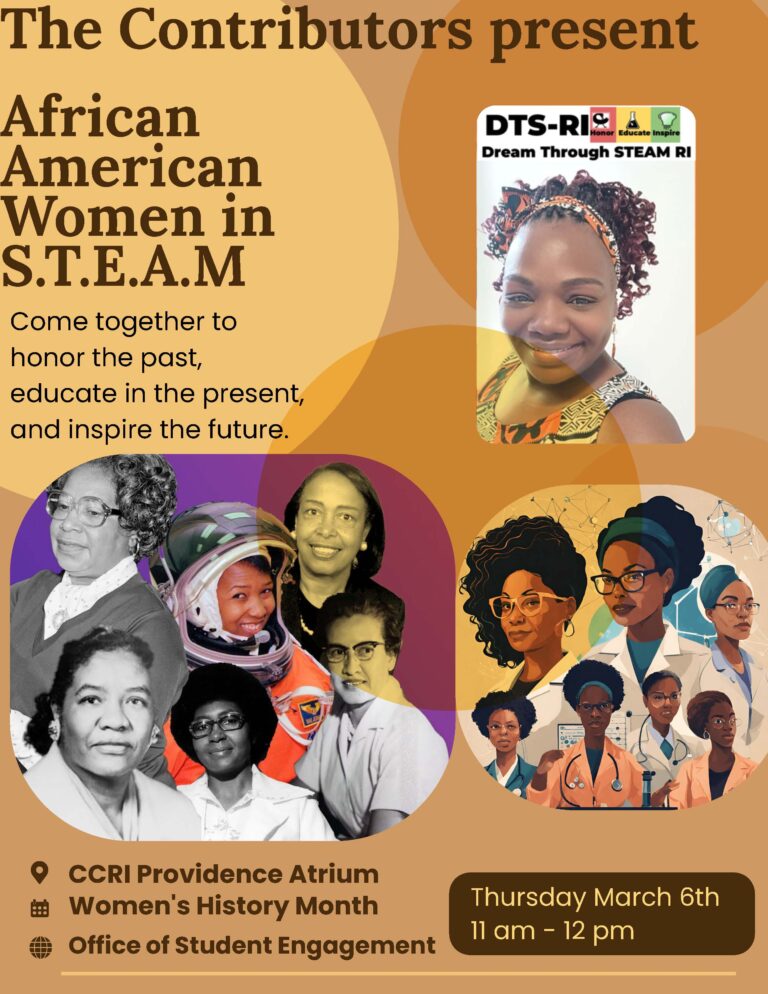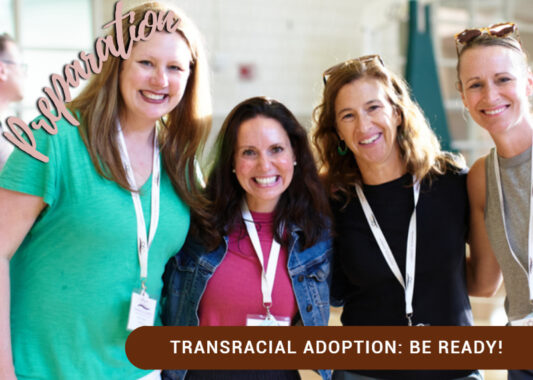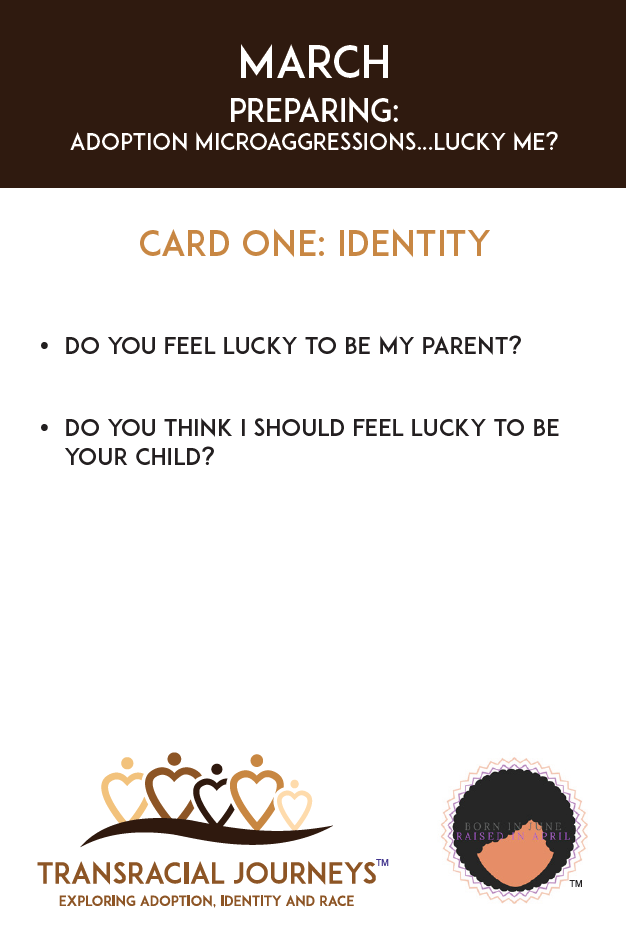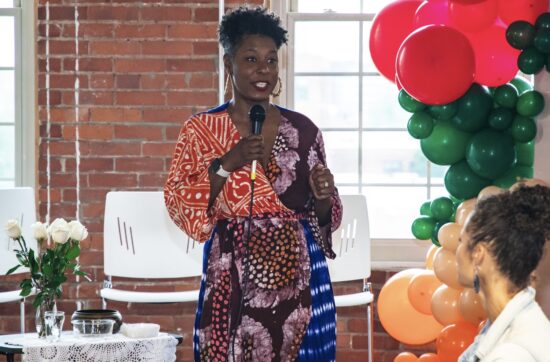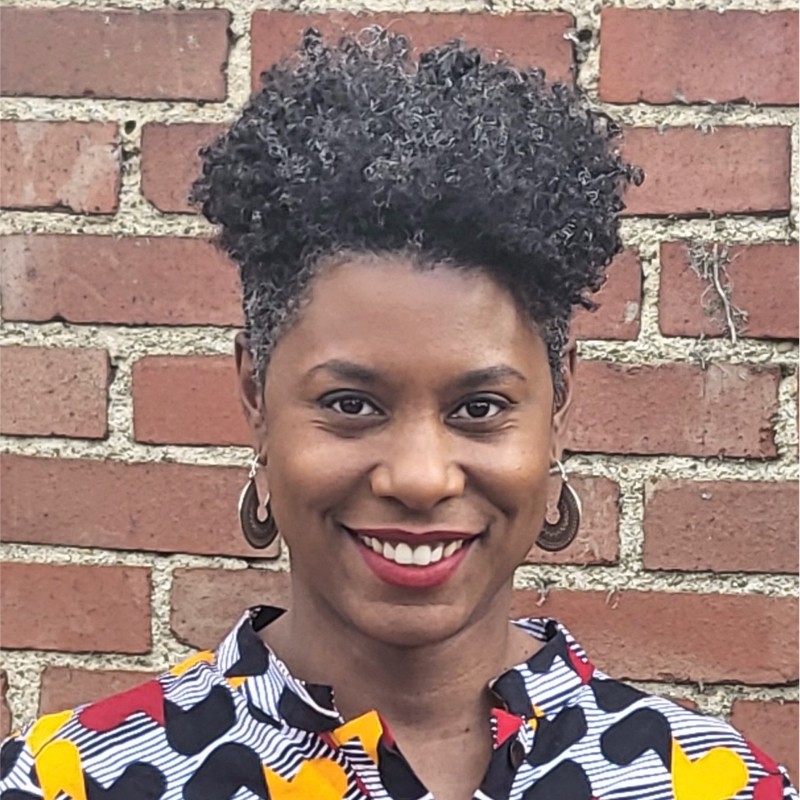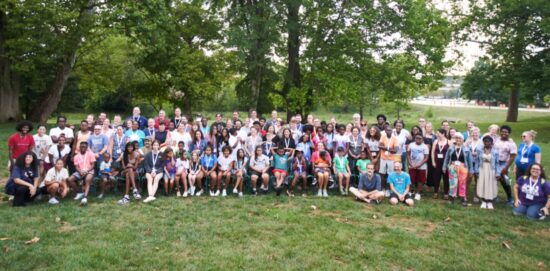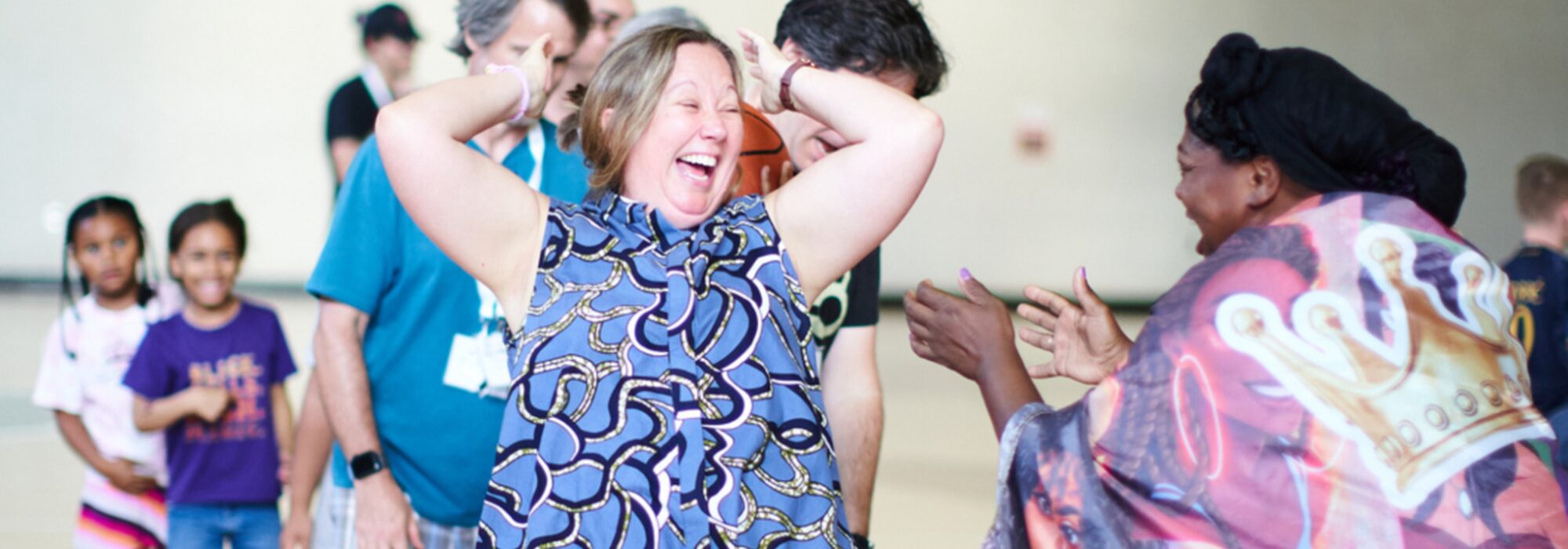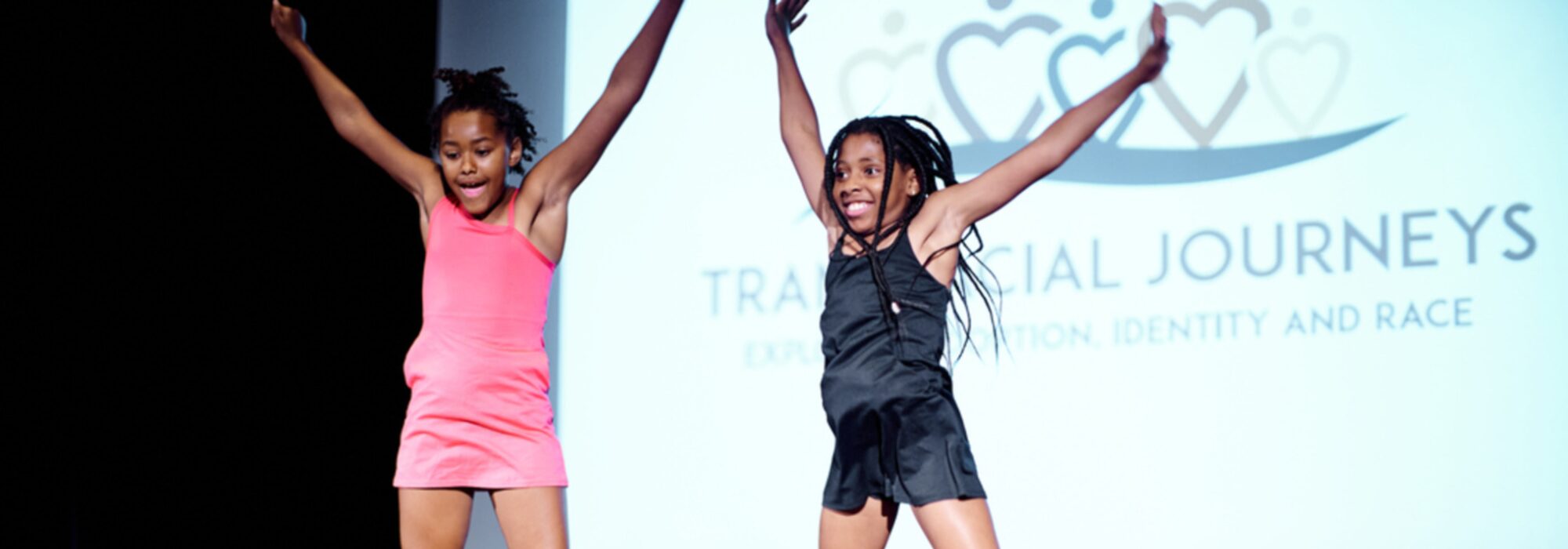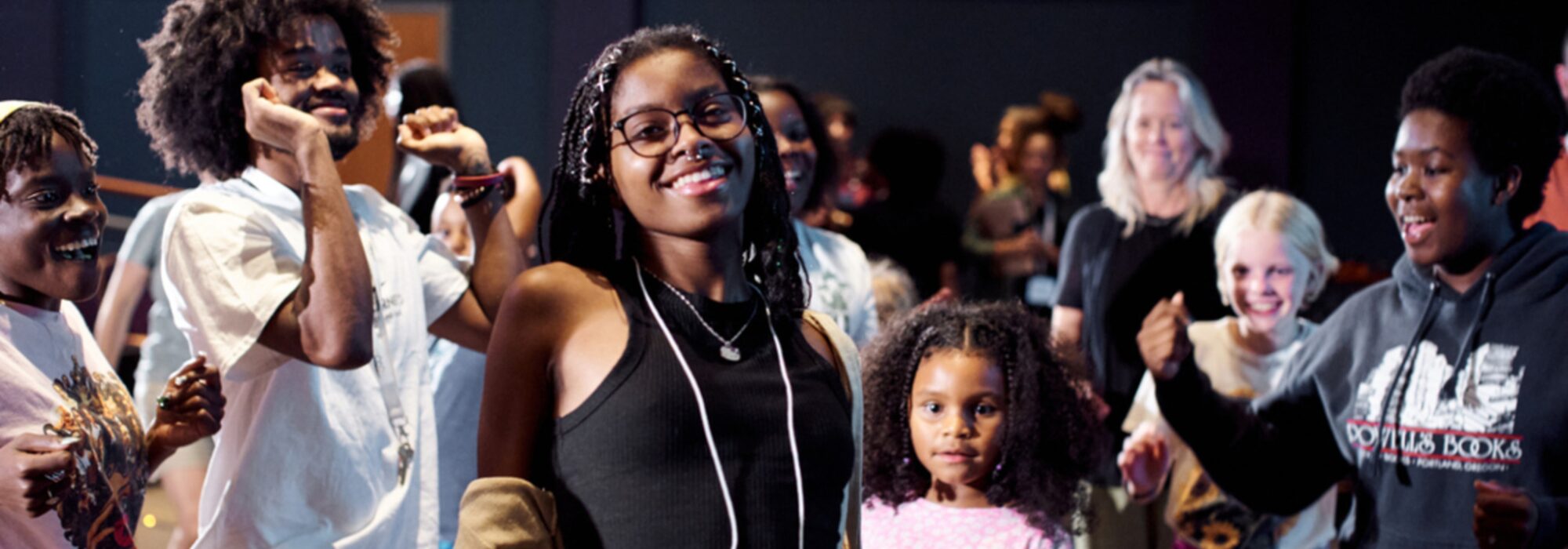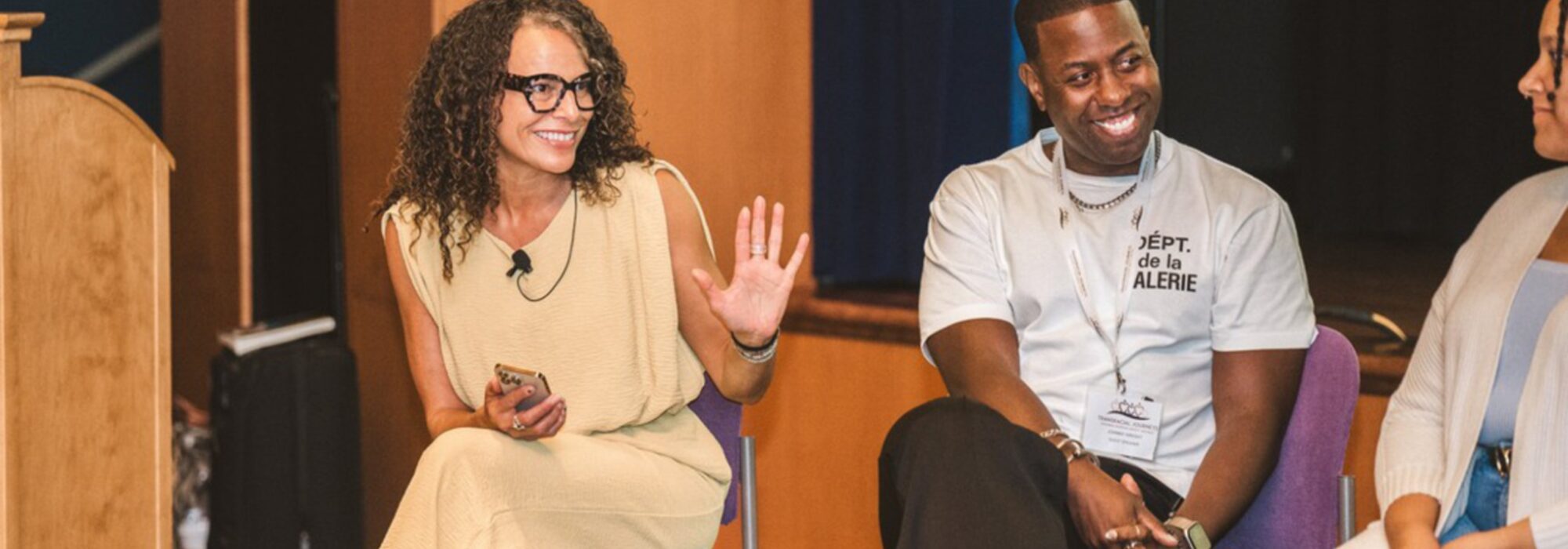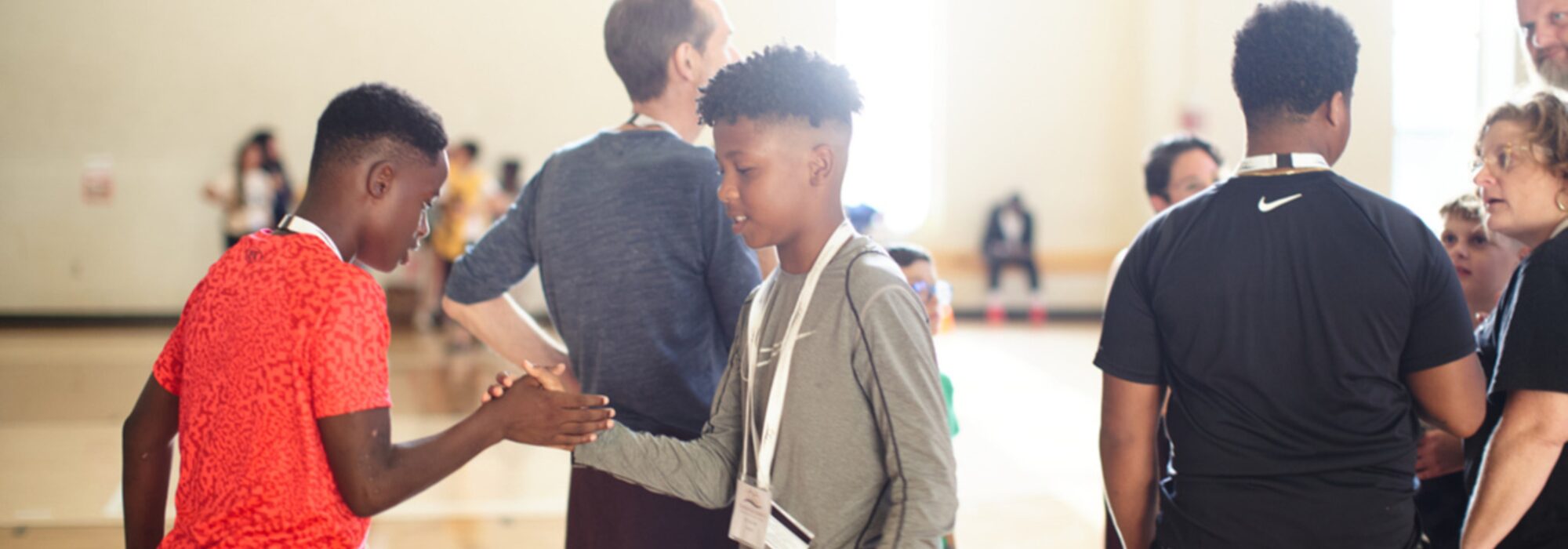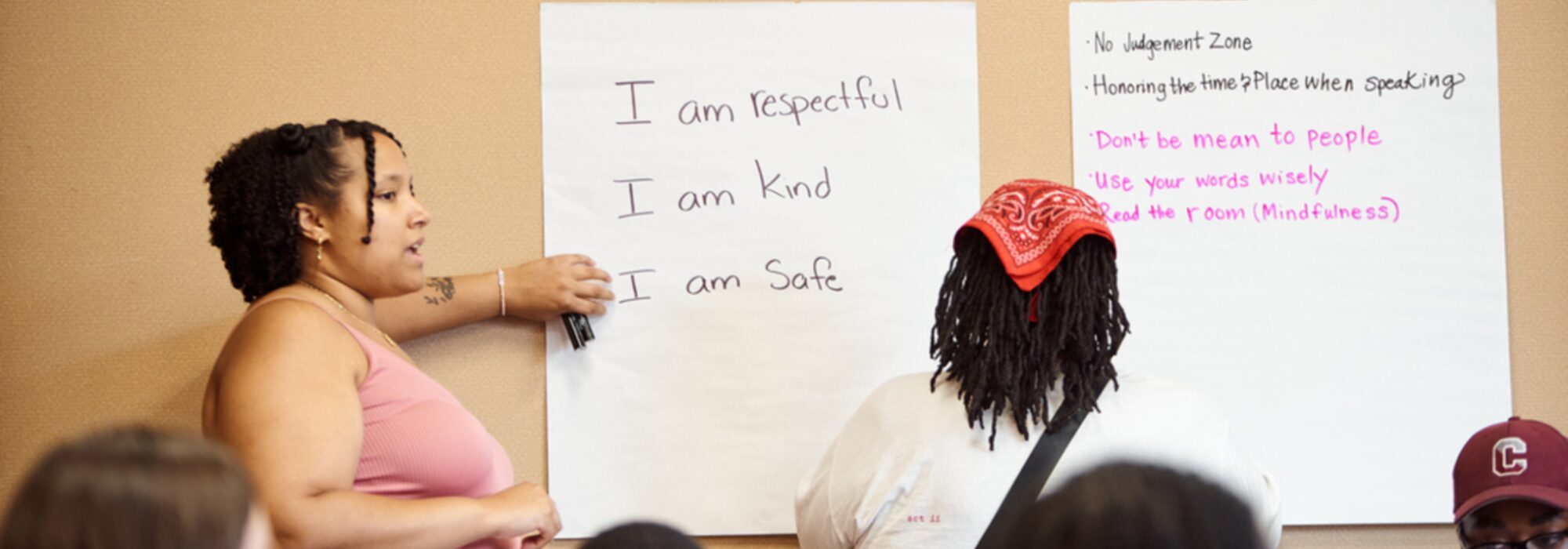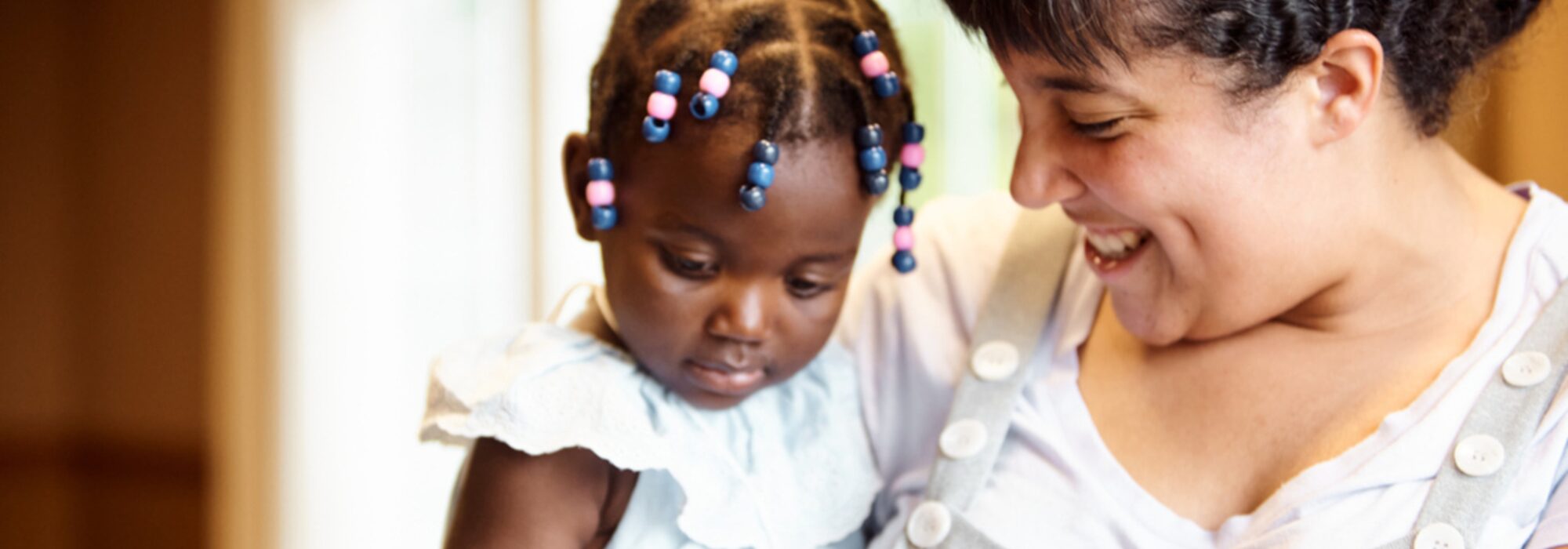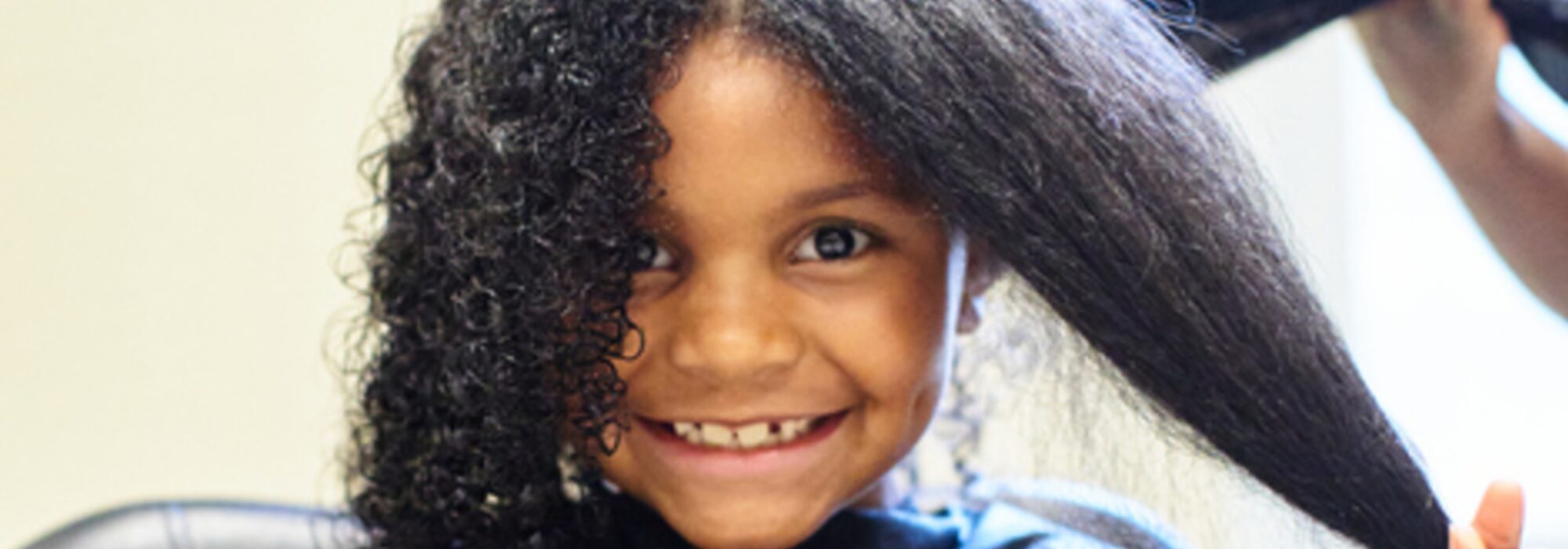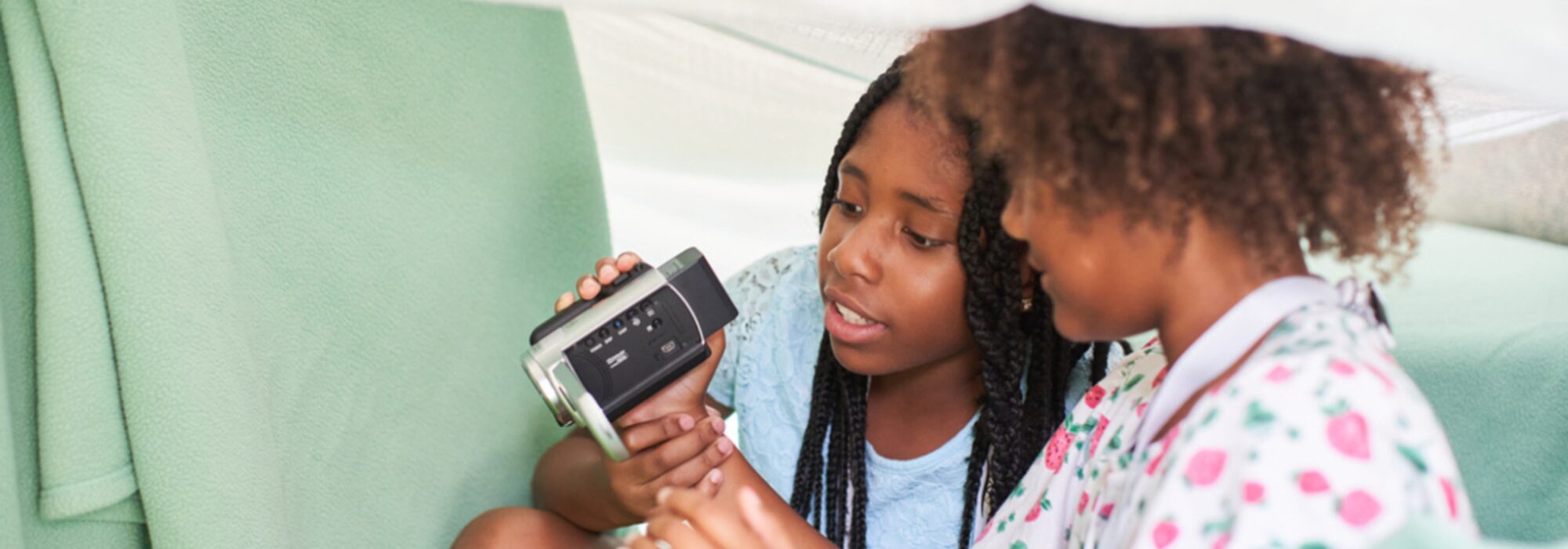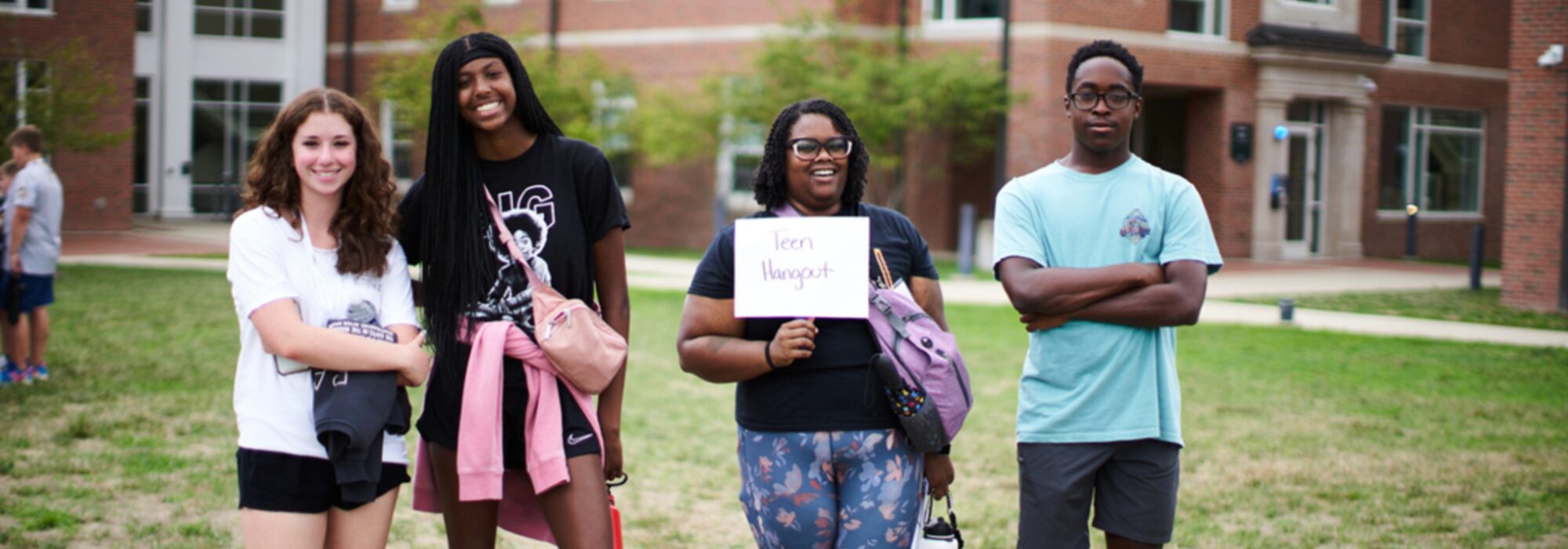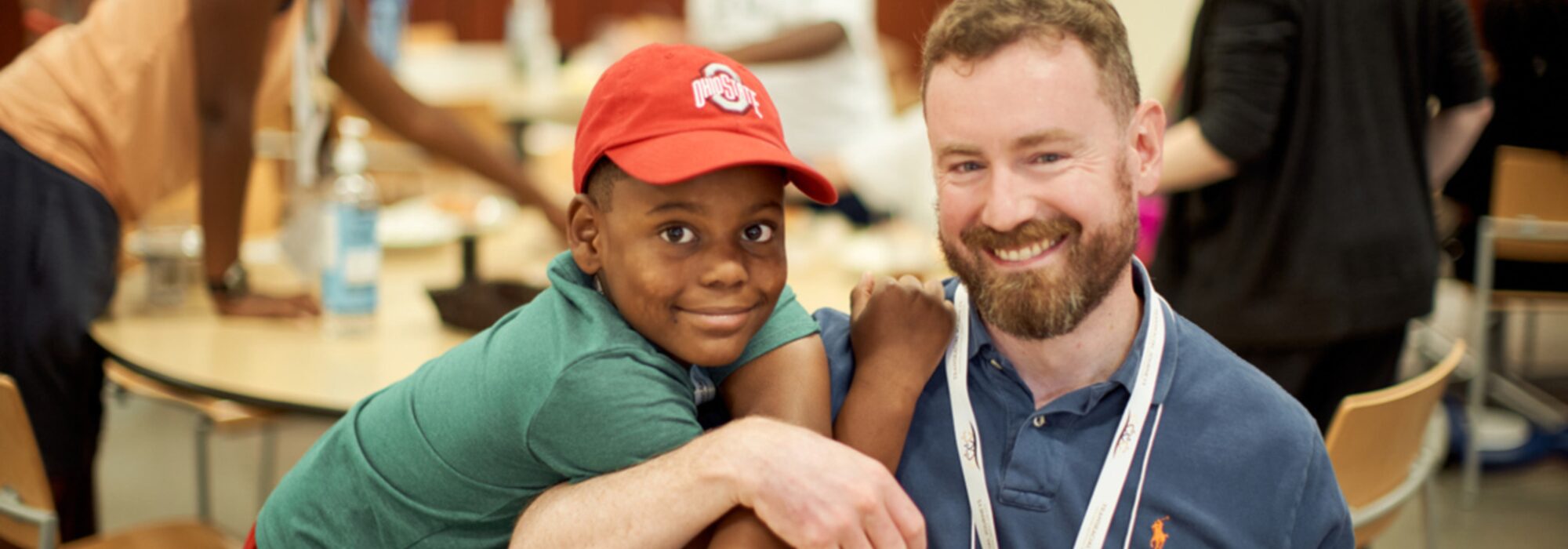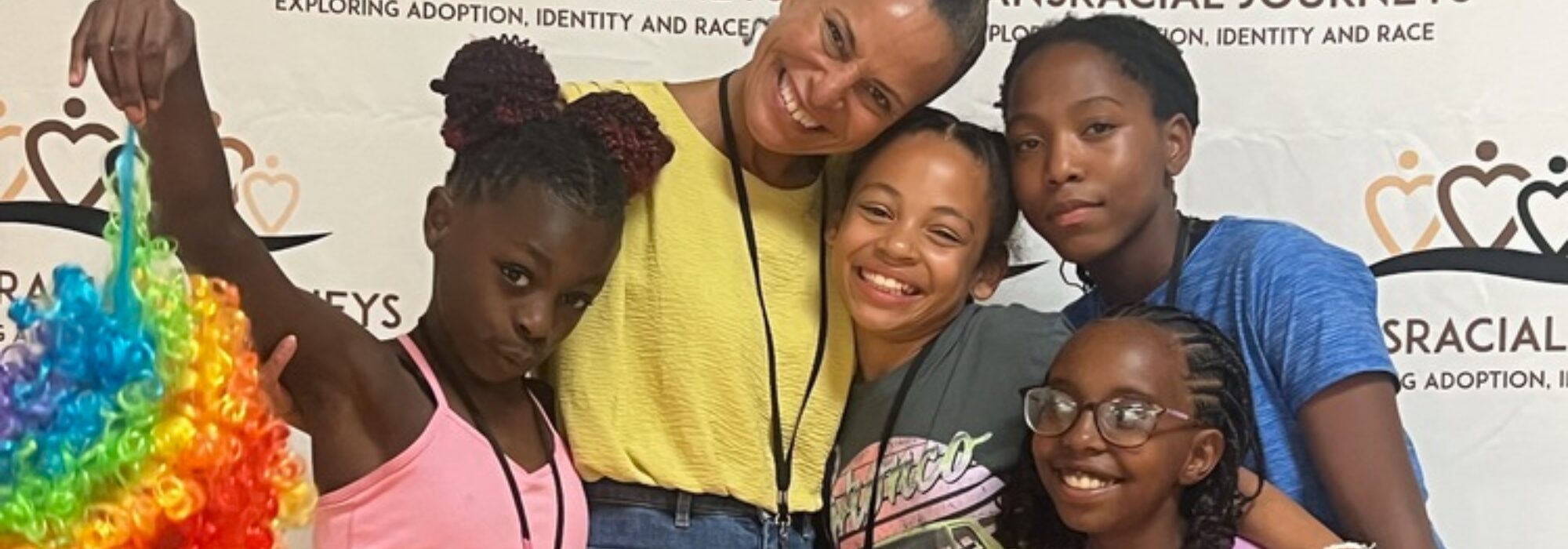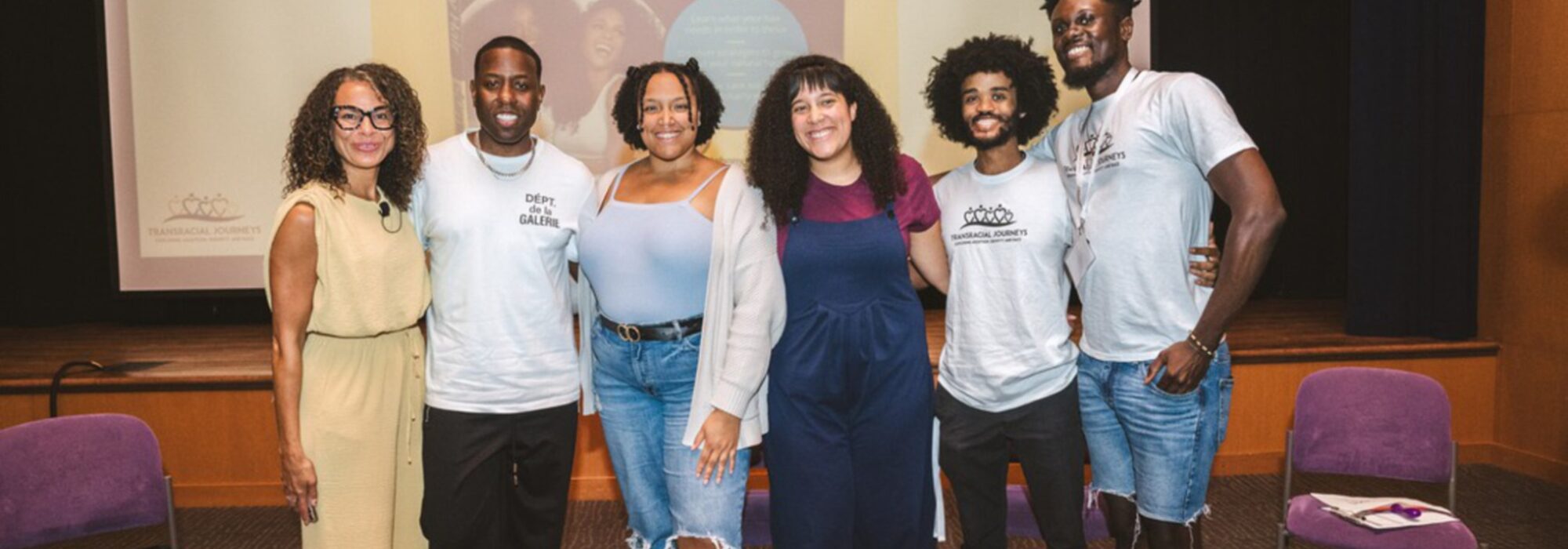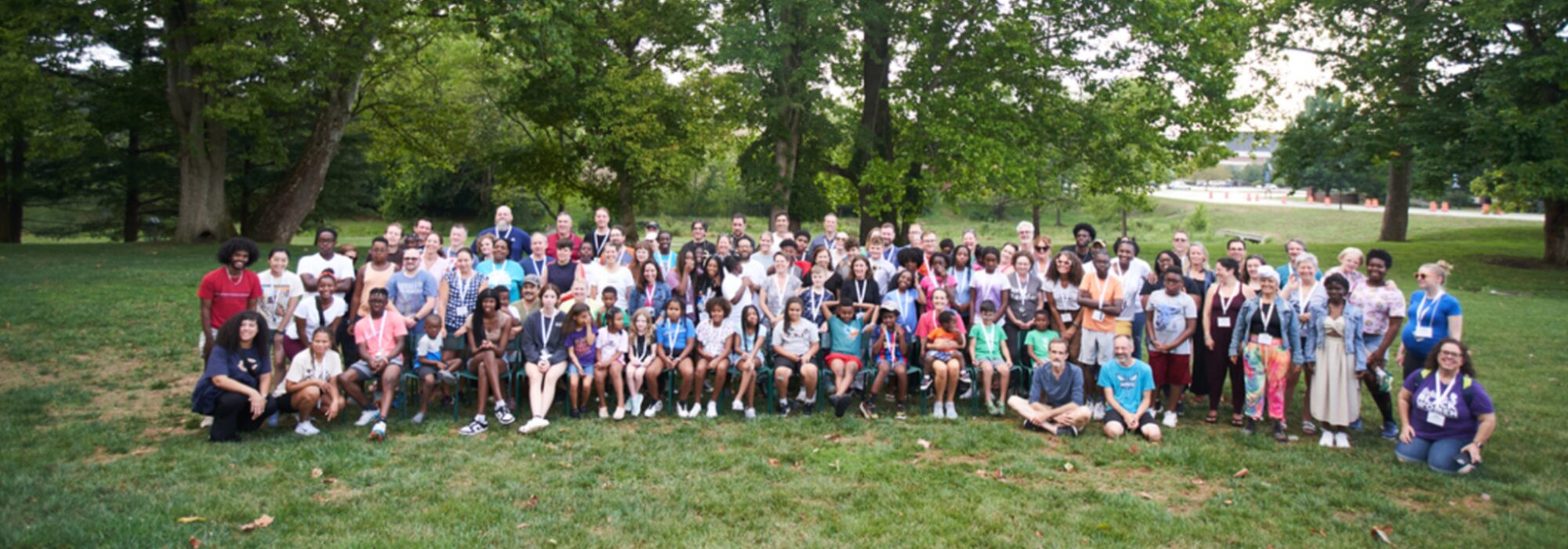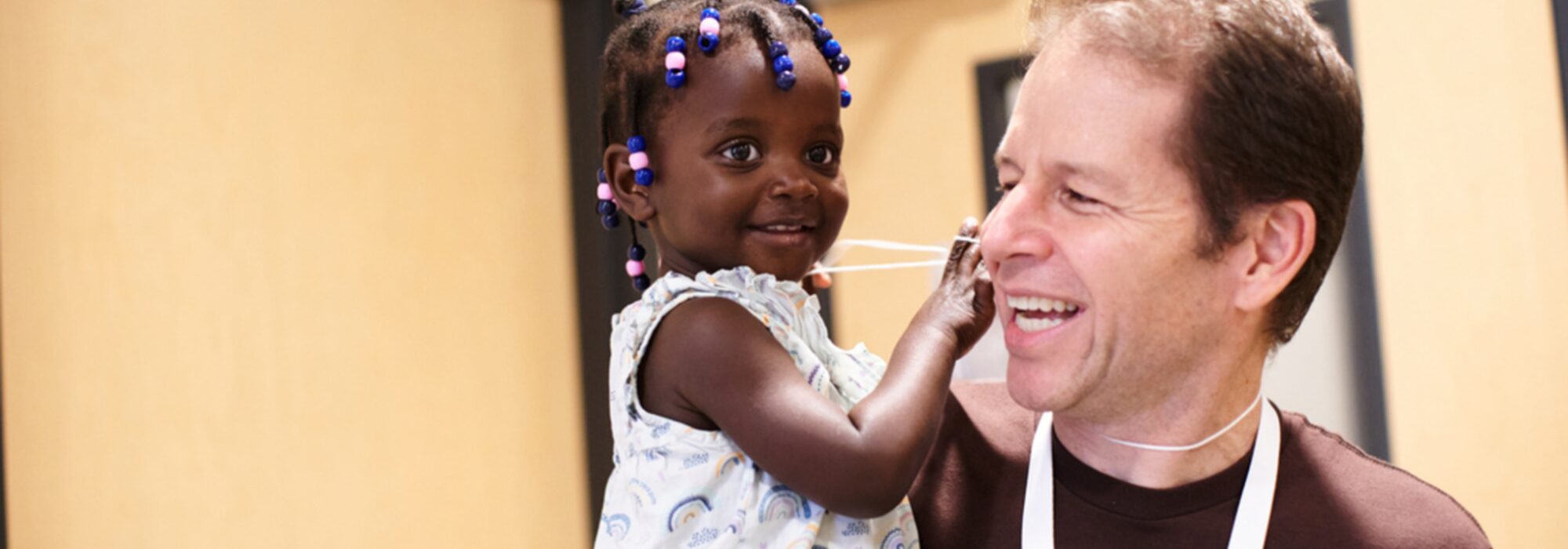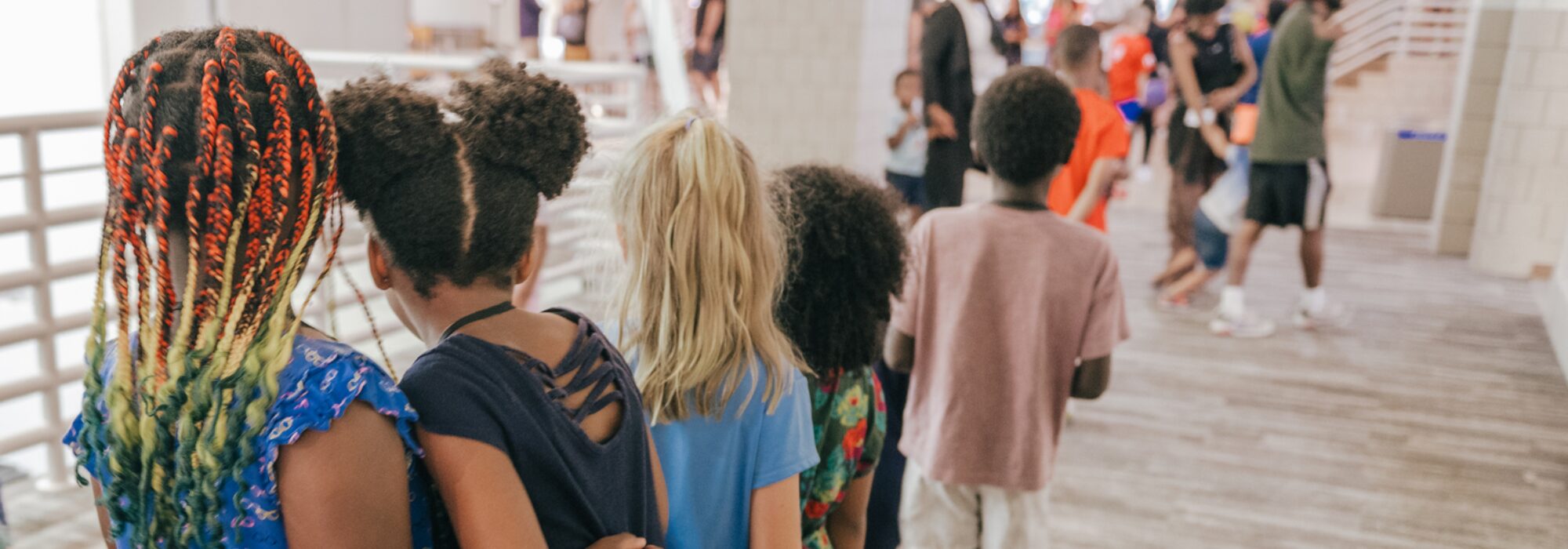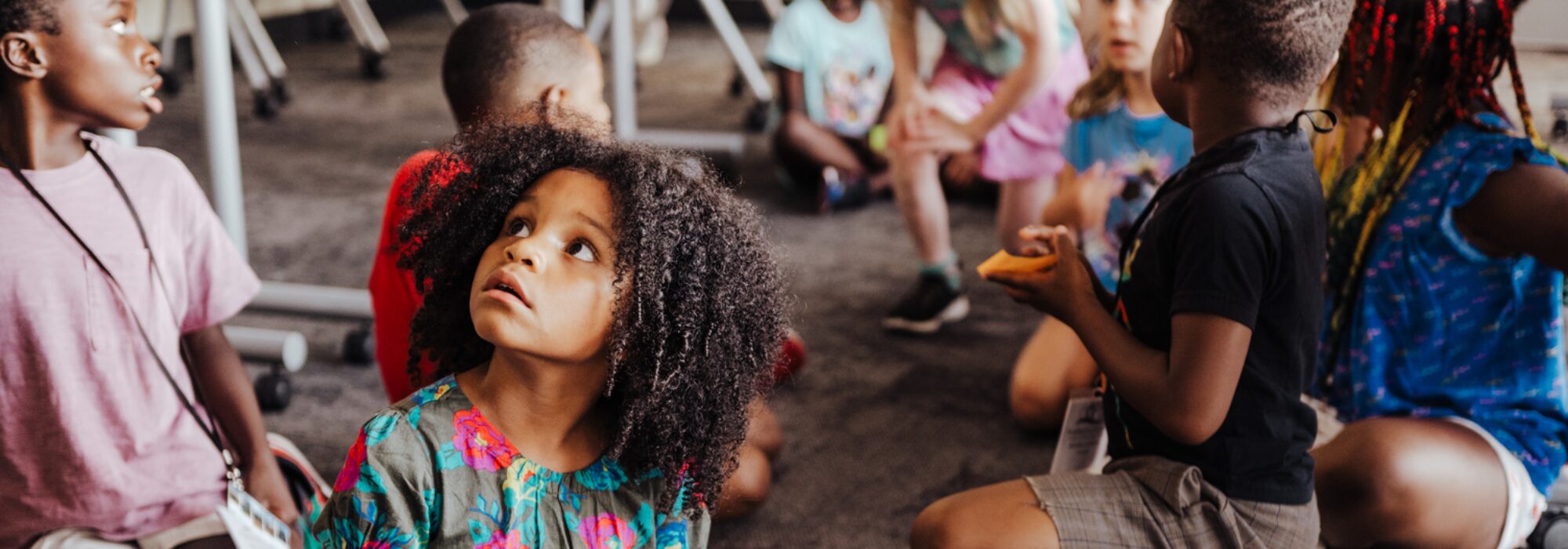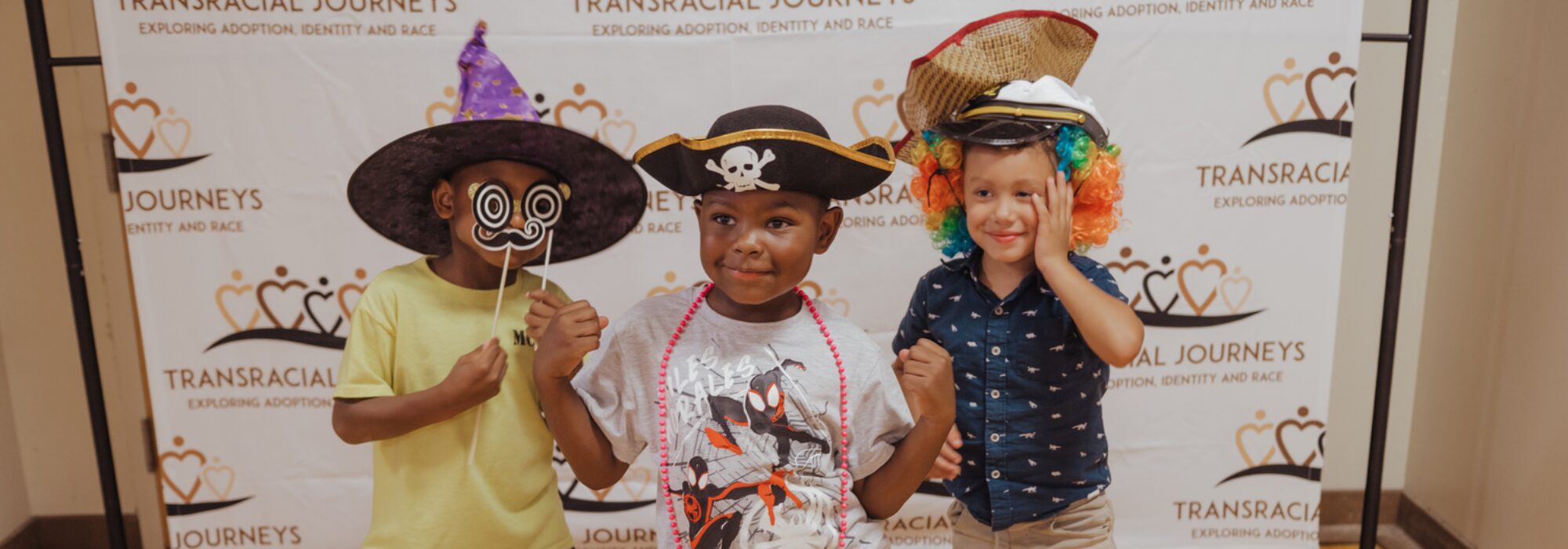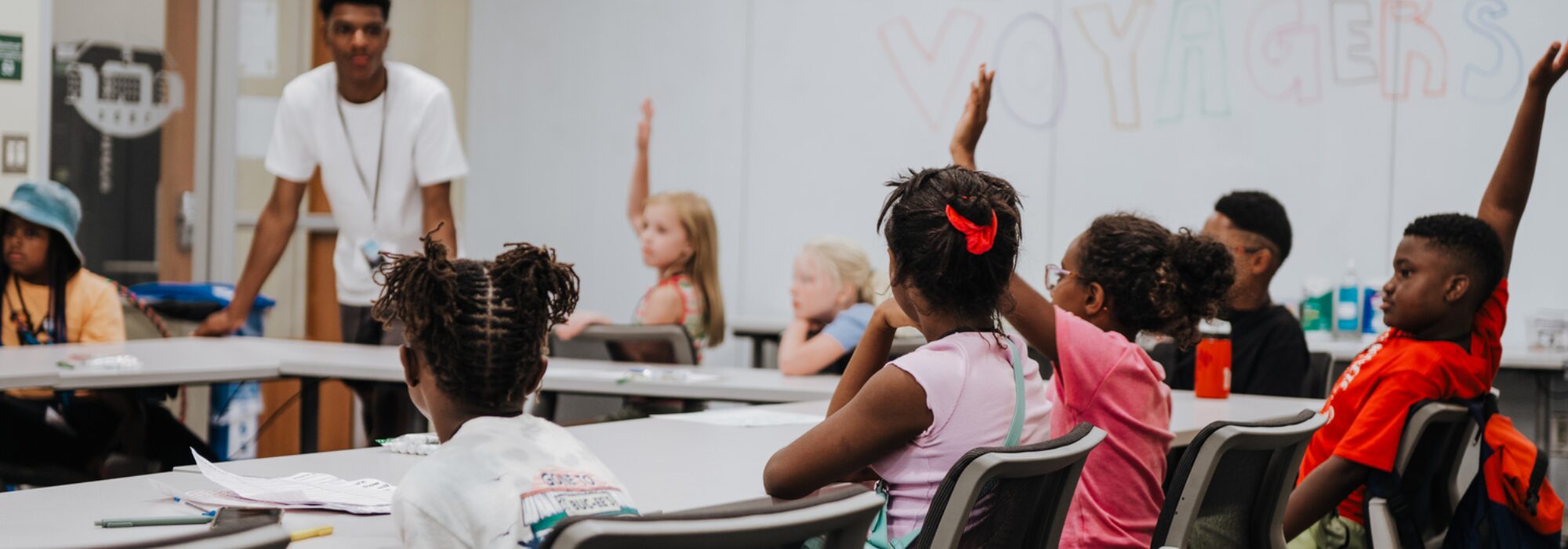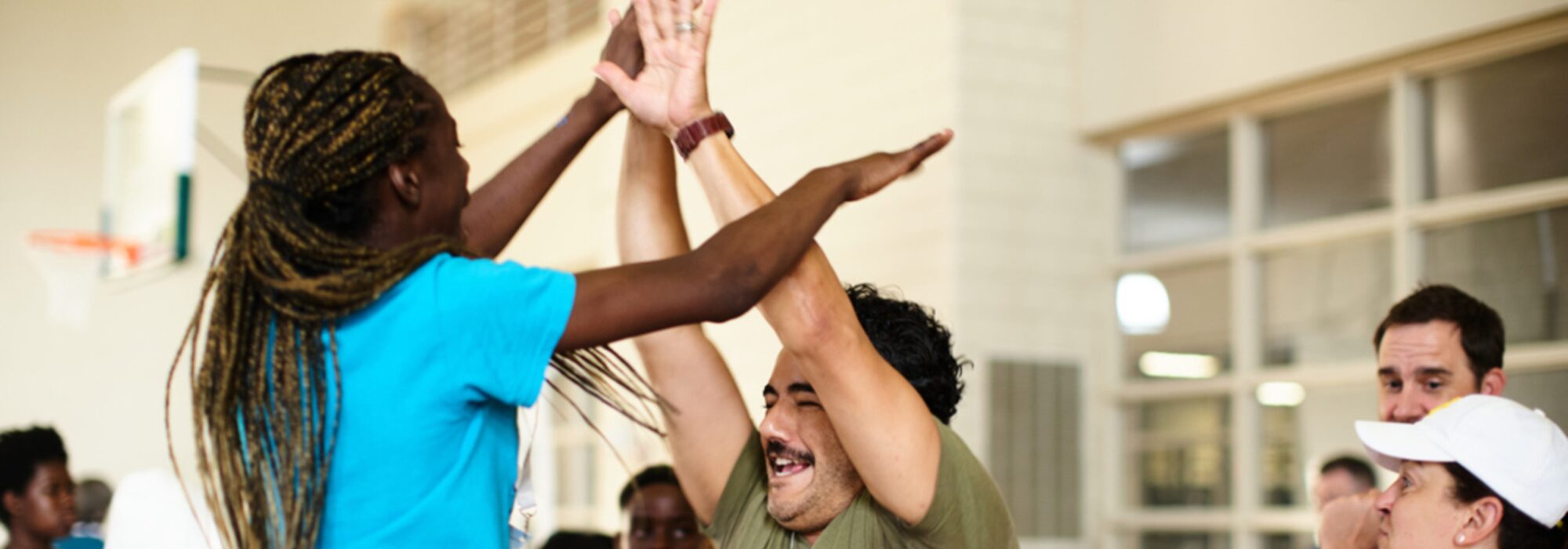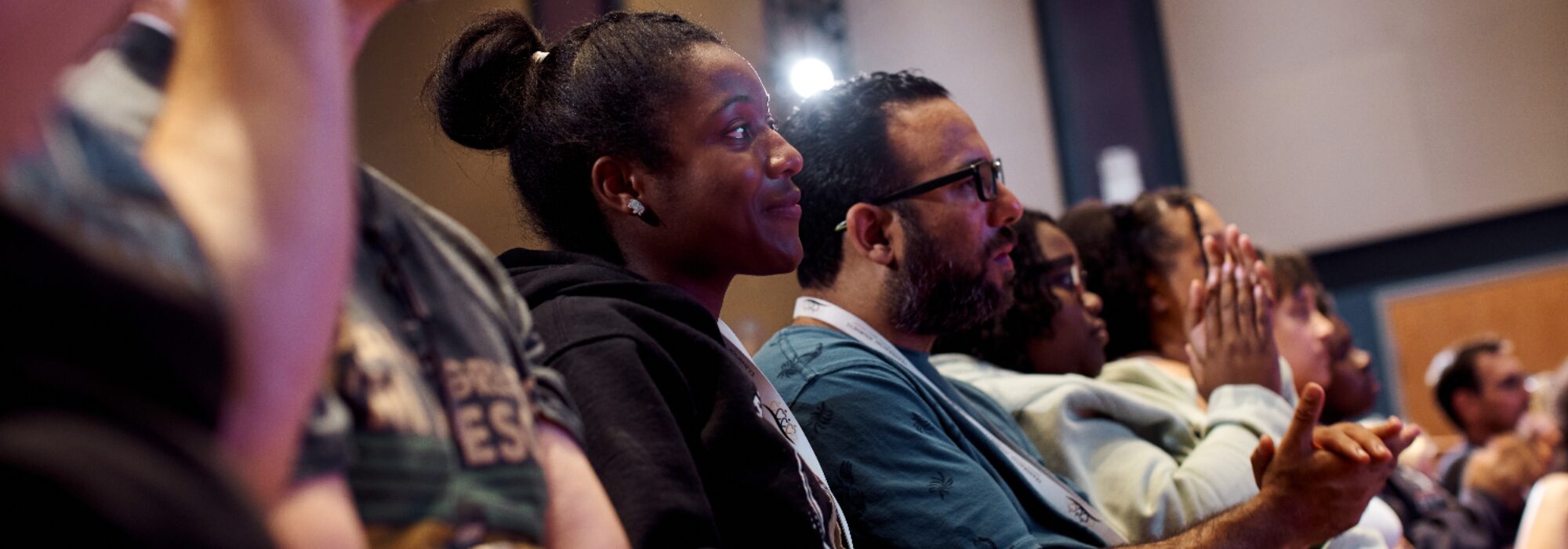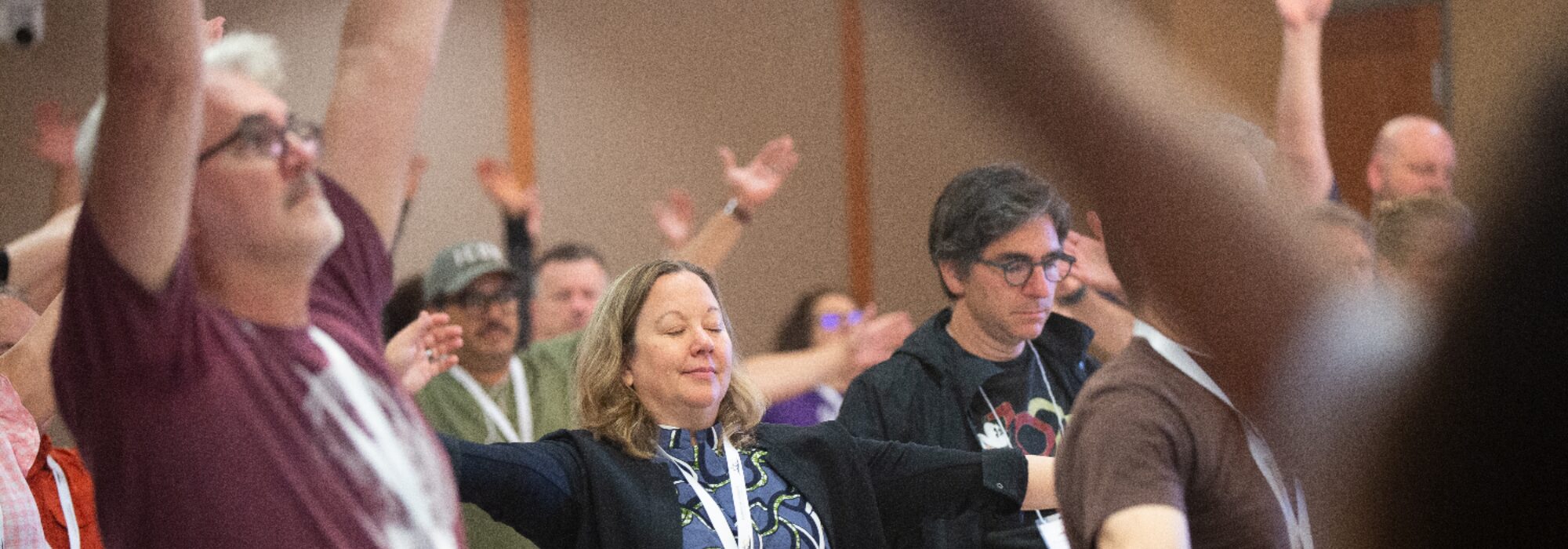As a country we have been celebrating Mother’s Day since the 19th century, honoring women who play a pivotal role in the lives of children of any age. For some, Mother’s Day can bring feelings of both celebration and complexity. In adoption, mothers of origin or birth/first mothers play a vital role in the lives of children they are born to and separated from. It’s important that you have open and loving conversations about different ways mothers and mother figures play a vital role in a child’s life.
June-in-April Calendar Conversation Cards
Transracial Journeys invites your family to experience the calendar in a whole new way. With the help of the June-in-April Calendar Conversation Cards, each month your family is invited to use the cards as a tool for more regular and intentional conversations about identity, family relationships, and differences of race and culture.
Each month has four cards with conversation starters. The prompts and questions are designed to spark reflection and ongoing dialogue within your family as well as with extended family and friends. There is no prescriptive way to use the cards, sometimes parents or grown-ups can take the lead and ask the questions and other times, children can go first.
Here is a suggested weekly breakdown for using each set of monthly cards:
Week 1: Parent/caregiver preparation and reflection
• Review the month’s theme and conversation prompts
• Check-in with any emotions that come up and discuss with a partner, friend, or loved one
• Put time on the calendar for the family to engage with the conversation cards
Week 2: Read/discuss card 1
Week 3: Read/discuss card 2
Week 4: Read/discuss card 3 and close out the month with any insights, challenges and new ideas for the next month
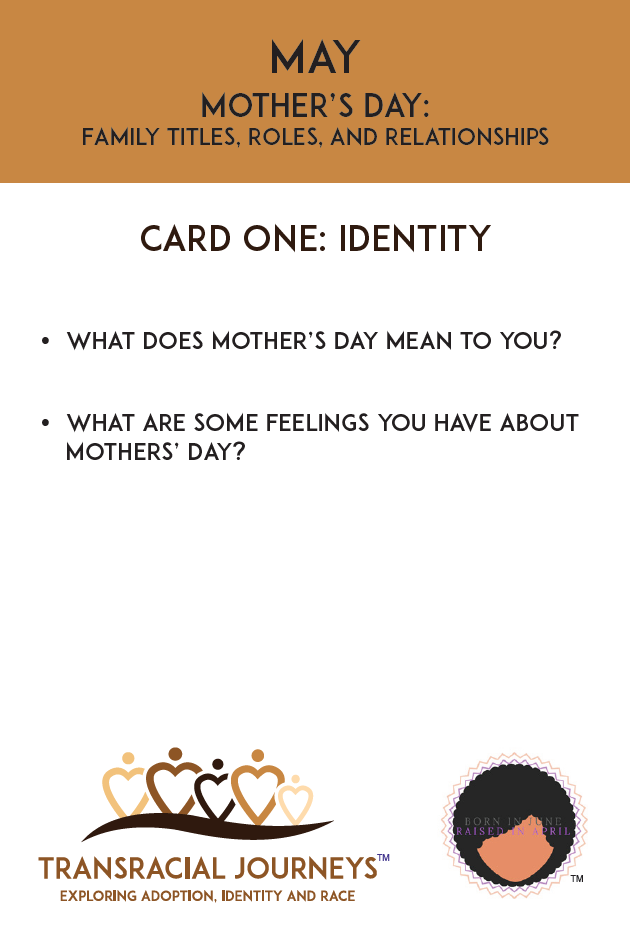
May Pro-Tip for Parents: Be sure to build in time for you and your child to process all of the feelings that may come about surrounding Mothers’ Day. Resist the urge to expect gifts and instead give yourself something special to honor yourself as a mother or mother figure. Be prepared to help your child hold the both/and of this holiday.
CARD ONE: IDENTITY
• What does Mothers' Day mean to you?
• What are some feelings you have about Mothers’ Day?
CARD TWO: RELATIONSHIPS
• How do we honor Mother’s Day in our family?
• Can we acknowledge and celebrate more than one mother?
CARD THREE: EMBRACING AND FACING DIFFERENCES OF RACE AND CULTURE
• Do different cultures celebrate Mother’s Day?
• Are there different ways mothers are honored around the world?
This post is from our May, 2025, email newsletter. If you would like to get our newsletter in your inbox each month, please subscribe. You will get invitations to our monthly Parent Meet-Ups, a virtual meeting to act as a transracial adoption support group - sharing issues, ideas and strategies for creating a culture of communication and curiosity in your home, as well as monthly card prompt to keep the conversations about race, adoption, family, love and relationships front and center all year long. And lastly, you'll always be made aware of important dates for Transracial Journeys Family Camp - registration is open now!

